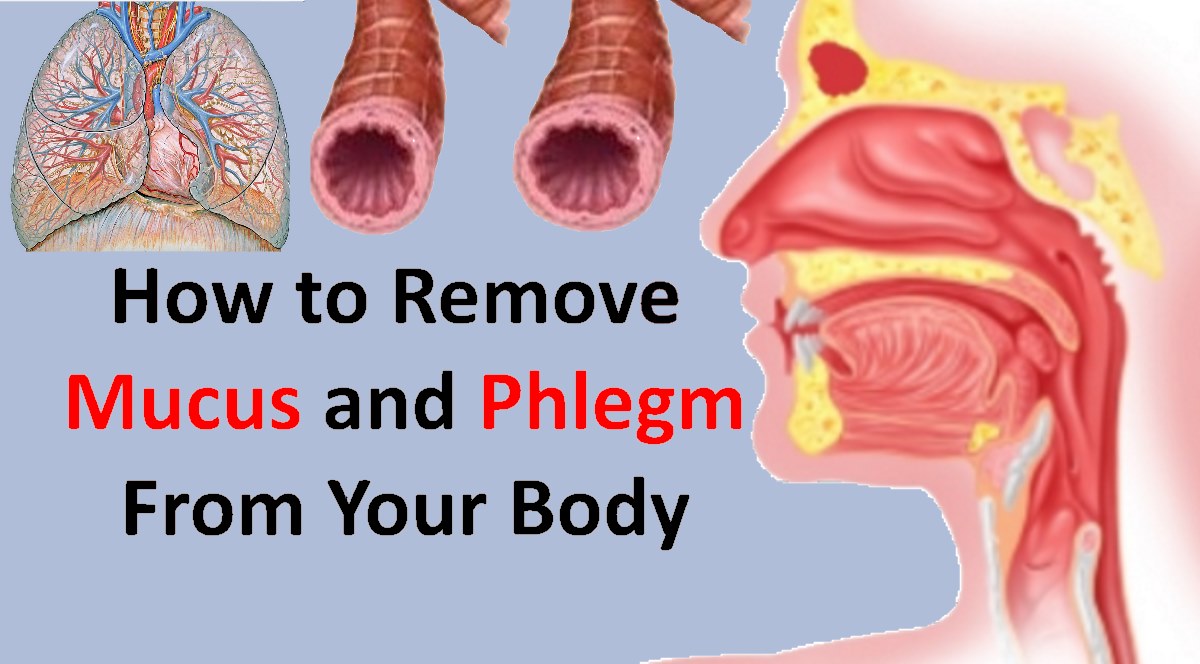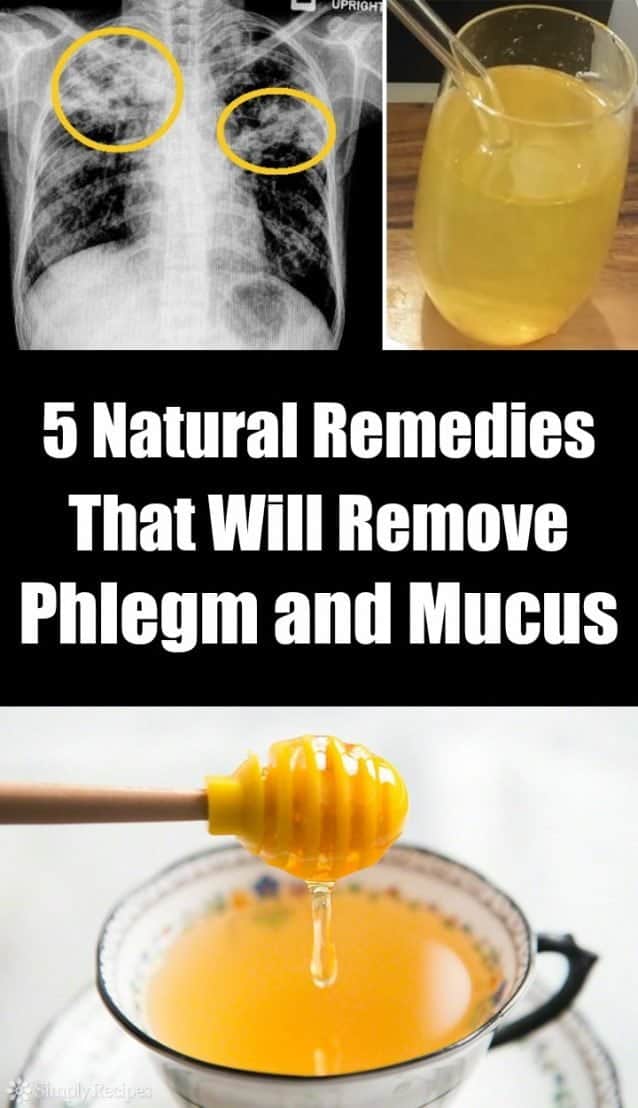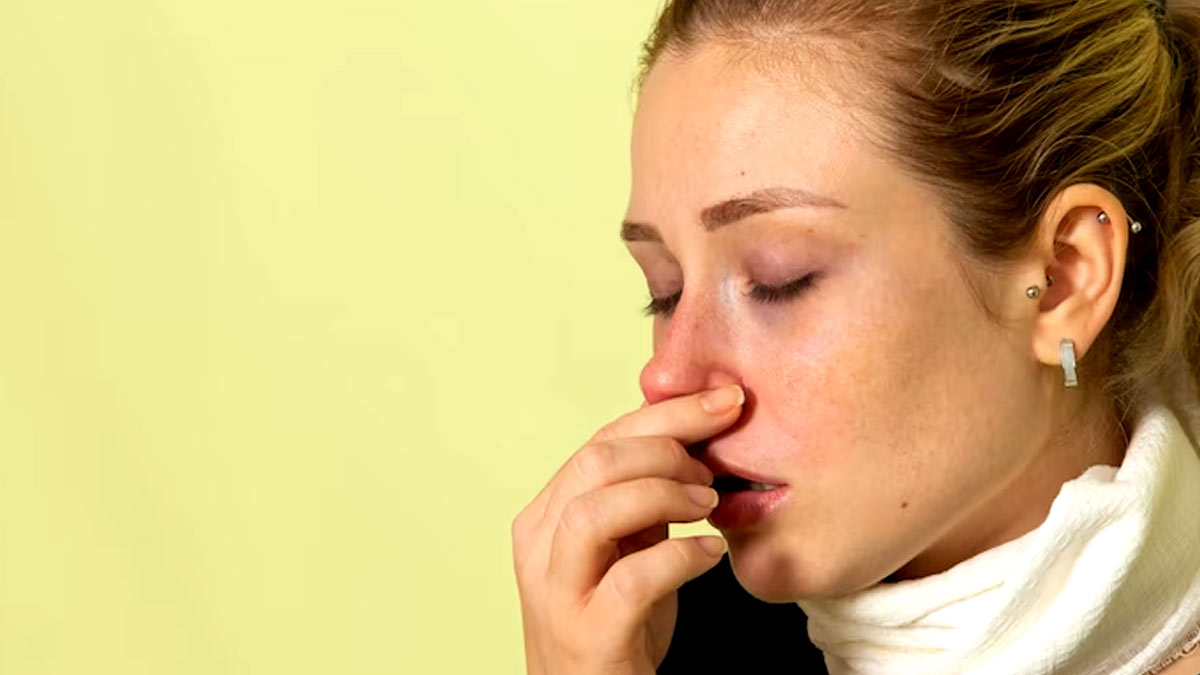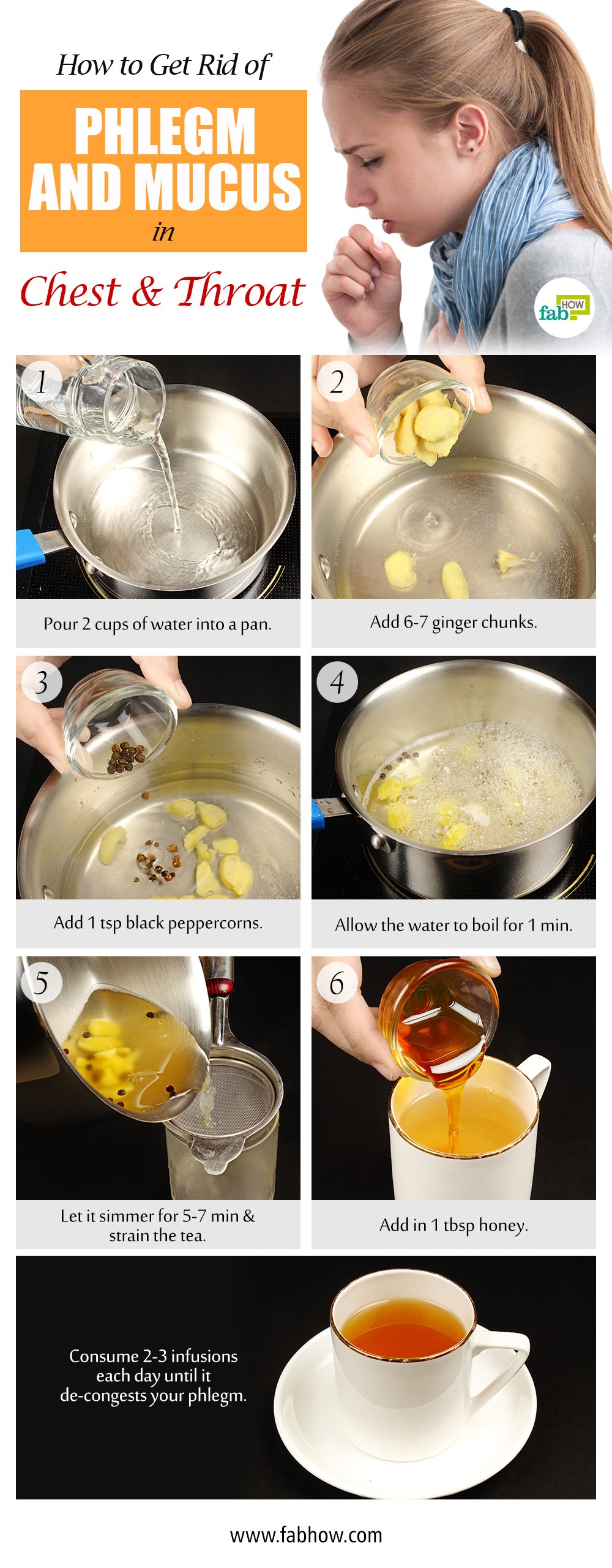Amazing Tips About How To Get Rid Of Mucus In Your Nose

Many home remedies and medications can help to remove phlegm.
How to get rid of mucus in your nose. This article explains the symptoms and causes of postnasal drip, as well as how it's diagnosed and treated. Consider using a neti pot to rinse your. 1 drink plenty of water.
Placing a cool mist humidifier in the bedroom can promote better sleep by keeping the. This extra mucus attempts to flush out the bacteria.
This can help flush out any excess phlegm that’s built up in your respiratory system. Grab a tissue and gently blow one nostril at a time to quickly get some relief. Whether from tobacco or marijuana, smoke is an irritant and can cause your body to make more mucus.
They can decrease inflammation and drainage in the nasal passages and sinuses. Def feeling like i'm about to get judged. At home, you can take these steps to thin out mucus and ease your sinus congestion:
One of the simplest ways to kill any bacteria lurking there is to gargle salt water. Once the water has cooled to lukewarm, use it to gargle. Adults should drink 2 liters (0.44 imp gal;
Try using a saline (not medicated) nasal spray a few times a day. Find a remote place, such as a bathroom, and try to loosen the mucus from your throat by coughing or hacking. The ideal way to get rid of phlegm is to get to the root of the problem.
Mucus in throat passageways can indicate an infection. Drink more water. Expectorants, like mucinex (guaifenesin) , break up chest congestion, while decongestants, like sudafed, are more effective for nasal congestion.
1 blow your nose. Method 1 getting basic care download article 1 clear phlegm or mucus from your throat by coughing. Try gargling with salt water try rinsing your nose with salt water how to rinse your nose with a homemade salt water solution a pharmacist can help with catarrh you could ask a pharmacist about:
[1] just don’t try blowing too hard if no mucus is coming out since you could force it into your sinuses and cause an infection. But large amounts of mucus can clog the airways in your nose, throat, lungs, and sinuses, making breathing difficult. The irritation sets off a chain reaction of inflammation, swelling and mucus production, making it hard to take in air through your nose.
Drinking water or other fluids helps to keep the mucus loose. Sometimes also called ‘mucus’ or ‘snot’, phlegm is the usually clear and slightly viscous liquid that is made by the cells lining the nose, throat, upper airways and lungs,.

















